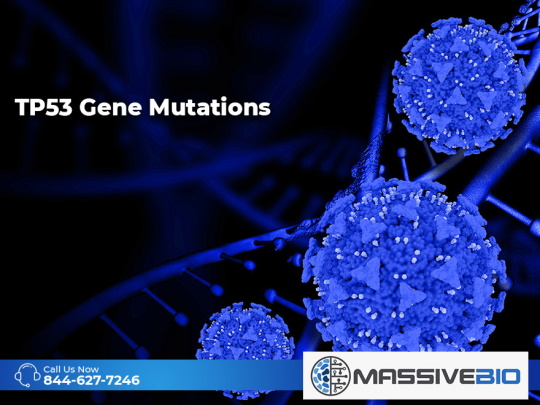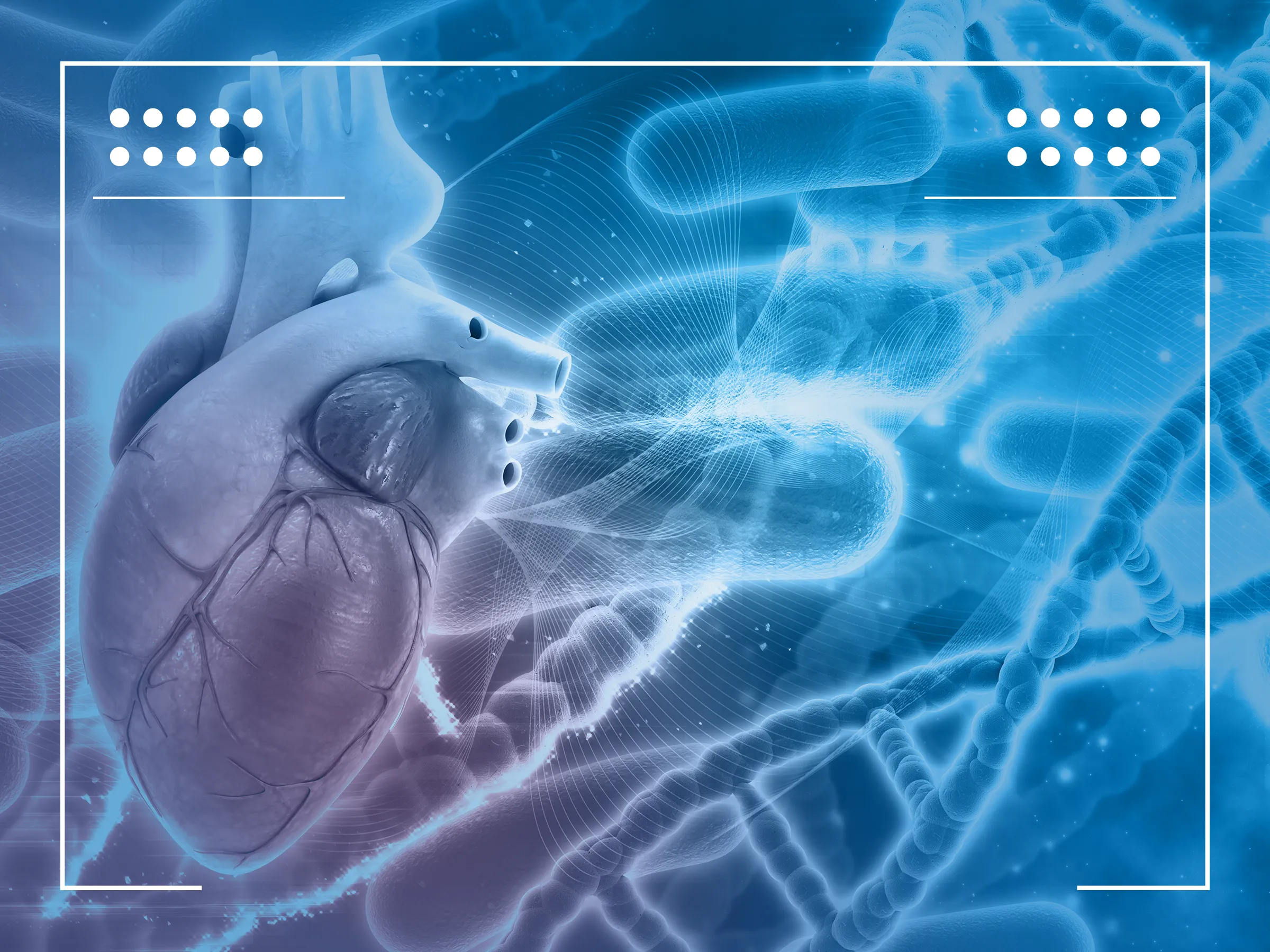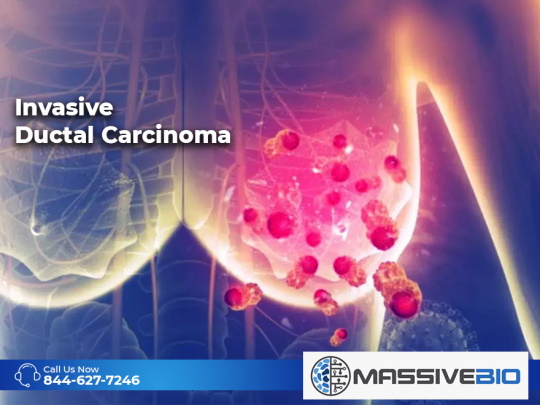TP53 Gene Mutations are mutations that take place on the TP53 gene, which is responsible for the production of some of the transcription factors that regulate the life cycle of the cell. Mutations on the TP53 gene affect the functioning of the p53 protein.
The mutation of the TP53 gene, which is responsible for the production of p53 protein, known for its tumor suppressor properties, is found in many different types of cancer. P53, a transcription factor found in all cells, basically has functions such as repairing the damaged DNA structure and regulating cell division.
Are TP53 Gene Mutations Genetically Transmitted?
So, how do TP53 Gene Mutations occur? Everyone has one copy of the TP53 gene, both from mother and father. Having the mutated TP53 gene inherited from the mother or father is called Li-Fraumeni syndrome. With genetic tests, it can be determined whether the mutated copy from the family is present. Having this syndrome increases the risk of certain types of cancer. However, viruses such as HPV can also cause cancer by binding to the p53 protein and making the protein inactive.
What Causes TP53 Gene Mutations and In Which Types of Cancer?
TP53 Gene Mutations prevent the p53 protein from being involved in the cell cycle and the cell continues to grow and reproduce uncontrollably. This uncontrolled growth and proliferation cause cells to turn into cancer cells. These mutations can be observed in about half of the known types of cancer. In addition, TP53 mutations are quite common, especially in breast cancer, ovarian cancer in women, and bile duct cancer types.
What Are The Methods That Can Be Followed In The Treatment Of Cancers Related To P53 Protein?
The p53 protein has a critical impact on the vital cycle of the cell. The p53 protein has a great effect on the cell’s division and growth activities, thus being one of the major obstacles in the transformation of cells into cancer cells. Gene therapy methods can be applied to the TP53 gene that has lost its effect and function due to mutations. This may affect the shrinkage of existing cancerous structures and the rate of cancer spread.
How Is the P53 Mutation Detected?
There are several methods for detecting p53 mutations. These are mainly based on genomic DNA or mRNA. The most preferred method is to look at the DNA sequence.












